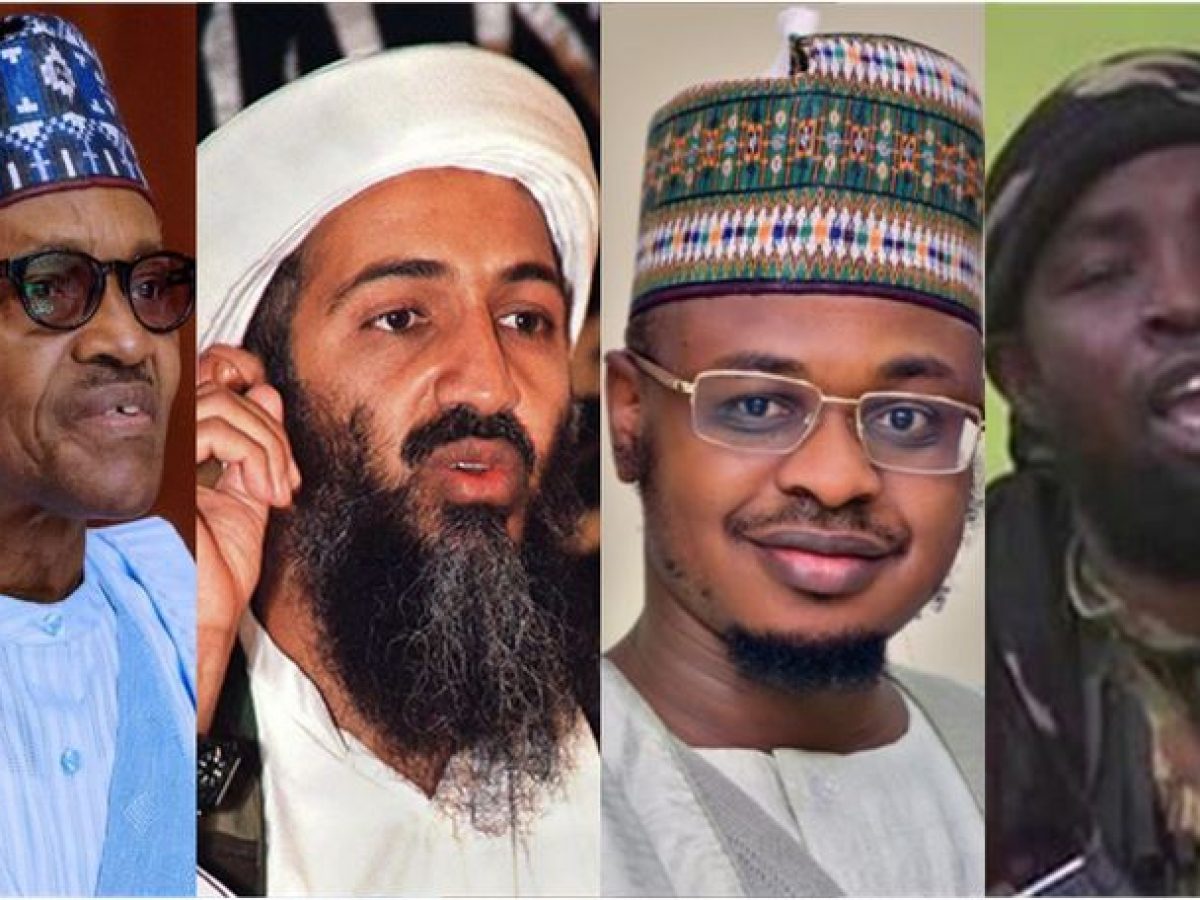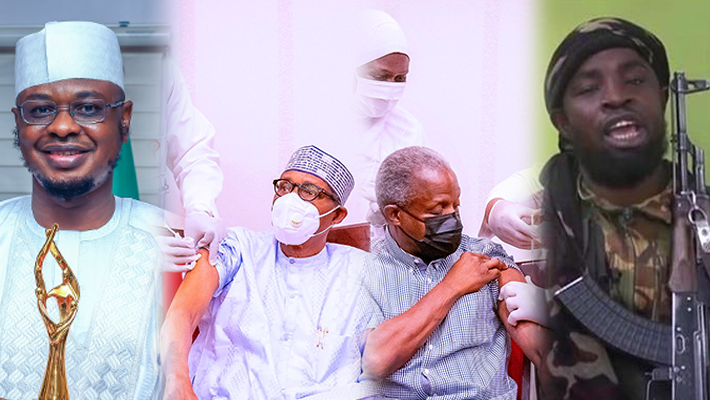The UK Parliament has declared that President Muhammadu Buhari regime’s actions indicate support for incessant terrorists and bandits’ attacks targeted at individuals and communities.
The development came weeks after Mr Buhari publicly expressed support for Isa Pantami, his communications minister who grabbed headlines after his violent preaching and support for Al Qaeda, the Taliban and other extremist groups surfaced online.
Mr Buhari had justified Mr Pantami’s dangerous views as coming from a position of ignorance, even though the minister was in his mid-30s and early 40s when he made the remarks.
The president asked the minister to continue in his position, claiming without evidence that Mr Pantami had eschewed his past views and romance with terrorism.
The lawmakers sent a protest letter to Dominic Raab, UK foreign secretary, on July 26.
The members of the House of Lords, the upper chamber of the parliament, who wrote the letter included Caroline Cox, Rowan Williams and David Alton. Mervyn Thomas of Christian Solidarity Worldwide and Ayo Adedoyin of Peace & Social Justice (PSJ-UK) also signed the letter.
Citing the shooting down of the Nigerian Air Force fighter jet by bandits, they expressed worry that the country was now under the control of non-state actors unleashing terror at will, particularly in the North-East and North-West.
Earlier this month, intense gunfire from bandits caused the aircraft returning to base from a mission on the Zamfara-Kaduna border to crash.
“Nigerian citizens are currently at the mercy of non-state actors who have been allowed to evolve and now have the capacity to shoot down a fighter jet, as has recently occurred in Kaduna,” said the letter.
Peoples Gazette in April reported that Boko Haram insurgents had successfully taken over the Shiroro local government area, imposing VAT and income tax on residents of communities.
Governor Abubakar Bello had also announced the displacement of many residents by the insurgents around Munya and Shiroro, adding that the terrorists placed their flag in Kauri.
But Mr Buhari blamed COVID-19 which broke out in the country on February 26, 2020 for Boko Haram takeover of Shiroro, Geidam, and other communities.
The UK parliament also lamented the regime’s unceasing disregard for human rights while recounting how soldiers opened gunfire on #EndSARS protesters who protested against extrajudicial killings by police officers. The aftermath of the protests left dozens killed in Lagos, including at the Lekki toll gate, shortly after Governor Babajide Sanwo-Olu announced a curfew.
Initially, the Nigerian Army denied being at the toll gate, stating that videos and photos from the scene were “doctored,” but later admitted their presence and claimed that shots were only fired into the air to enforce a curfew.
While critics of Mr Buhari’s regime and the U.S. government condemned the attack on the unarmed protesters and called for the prosecution of soldiers involved in the shooting, the government has not brought anyone to book. This, the parliament, criticised.
“There are now widespread concerns that human rights violations take place with a degree of official complicity and that the Nigerian government only occasionally investigates or prosecutes those responsible for such crimes,” the lawmakers said.
“The government gives the unfortunate impression of being as quick to pardon, rehabilitate and release ‘repentant’ terrorists as to harass and shoot protestors who make legitimate calls for justice and reform in a peaceful manner,” they added.
Although Mr Buhari, in 2018 said, his regime was willing to accept the “unconditional laying down of arms by any member of the Boko Haram group who shows strong commitment in that regard,” insecurity has worsened in recent years.
READ ALSO: Finally Court acquits IMN Leader, Sheikh Ibrahim El-Zakzaky and Wife
“We are ready to rehabilitate and integrate such repentant members into the larger society. This country has suffered enough hostility,” he had said.
His regime had also claimed that it “technically defeated” the terrorist group, but several violent attacks have been traced to the insurgents.
Boko Haram insurgency began as far back as 2009 in the North-East, and the terrorists further spread their atrocities to other parts of the country.
Mr Buhari’s regime has been widely condemned by critics and the opposition Peoples Democratic Party for not prosecuting bandits. This, the Minister of Information and Culture, Lai Mohammed, said is not the federal government’s responsibility, arguing it is not a federal offence.
While responding to statements credited to the PDP on the security challenges facing the country, Mr Mohammed said, “It is shocking that a party that ruled this nation for all of 16 years does not know that kidnapping and banditry are not federal offences.
“Meanwhile, PDP conveniently forgot that as far as terrorism, a federal offence, is concerned, this Federal Government has successfully prosecuted thousands of Boko Haram members in Kainji as part of a continuing exercise. We are now seeking the cooperation of the judiciary to continue with the trial of arrested terrorists.”














